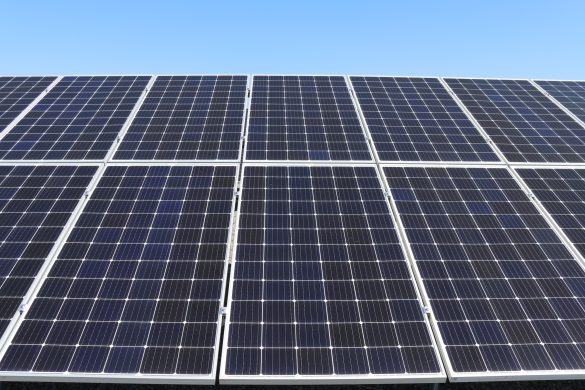The World Bank has embarked on a groundbreaking mission with the launch of its Accelerating Sustainable and Clean Energy Access Transformation (ASCENT) programme. This ambitious initiative aims to revolutionize energy access for 100 million people across up to 20 countries in Eastern and Southern Africa within the next seven years.
In a region where electricity access is a mere 48% for the overall population, ASCENT stands out as a pivotal development. “The lack of energy access is a critical hindrance to development in the region. ASCENT is set to address this challenge head-on, combining global and local knowledge in a unique way. We’re enabling countries to pursue their energy access goals while leveraging regional integration,” says Victoria Kwakwa, World Bank Vice President for Eastern and Southern Africa.
According to a report by ESI Africa, the programme is strategically designed to pool knowledge and resources across the World Bank, leveraging a $5 billion International Development Association (IDA) financing envelope to draw an additional $10 billion. This significant investment is expected to unlock transformative opportunities and change millions of lives, Kwakwa elaborates.
Energy access is not just a matter of convenience but a crucial factor in economic recovery, resilience, and poverty reduction. The current energy deficit leads to extensive food spoilage due to inadequate refrigeration, exacerbating food insecurity in already vulnerable countries. Furthermore, less than half the hospitals in the region have reliable electricity, impacting health outcomes severely.
ASCENT is set to create a ripple effect of positive outcomes: increased productivity, better job opportunities, enhanced access to information and technologies, improved health standards, reduced time spent on cooking, enhanced resilience, and better services in electrified schools and health clinics.
Women, often the most affected by energy scarcity, stand to gain significantly from ASCENT. The programme promises them not just energy access but also income-generating and employment opportunities to realise their economic potential.
Initially, the programme will be implemented in Rwanda, Sao Tome and Principe, Somalia, and Tanzania, later expanding to up to 20 countries. These four countries, chosen as ASCENT champions, reflect the varied stages and contexts of energy access in the region, offering inspiration and valuable lessons for similar situations.
ASCENT’s strategy comprises three pillars. The first focuses on developing regional and national platforms for economies of scale and cost reduction. This includes the ASCENT Regional Acceleration Platform, implemented by the Common Market for Eastern and Southern Africa (COMESA), and the ASCENT Regional Energy Access Financing Platform, implemented by the Trade and Development Bank.
The second pillar is dedicated to expanding grid electrification through investments in grid densification and expansion, grid connections, reinforcement and upgrading, and integrating variable renewable energy (VRE). This phase will also strengthen energy utilities, enhance management and monitoring systems, increase digitisation, and implement revenue protection programmes.
The final pillar revolves around financing investments in scaling distributed renewables (DREs) and clean cooking to extend energy access to households, enterprises, farmers, schools, health clinics, and other institutions.



